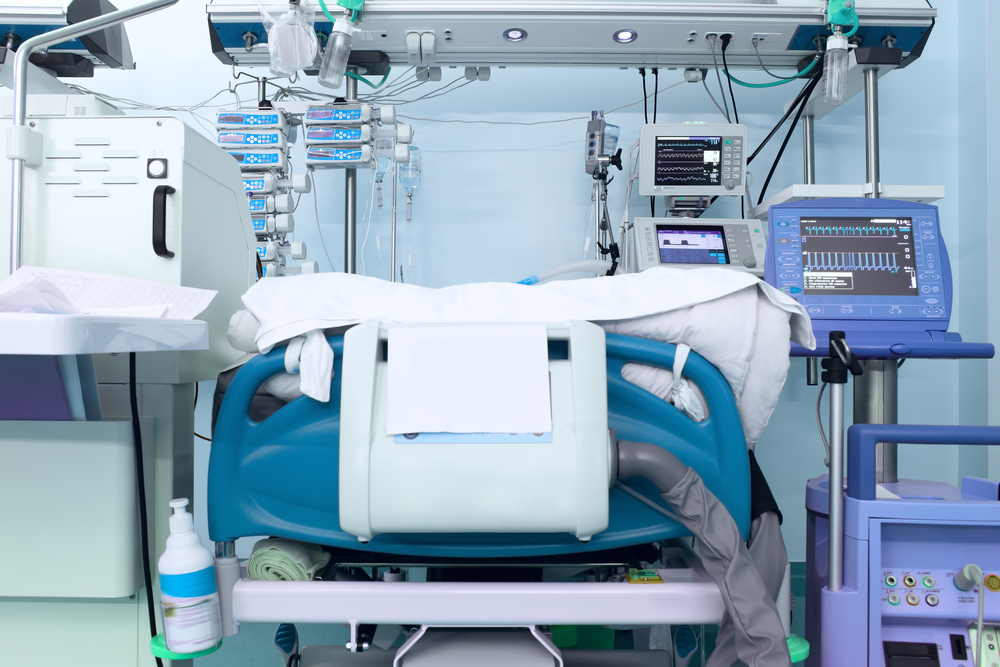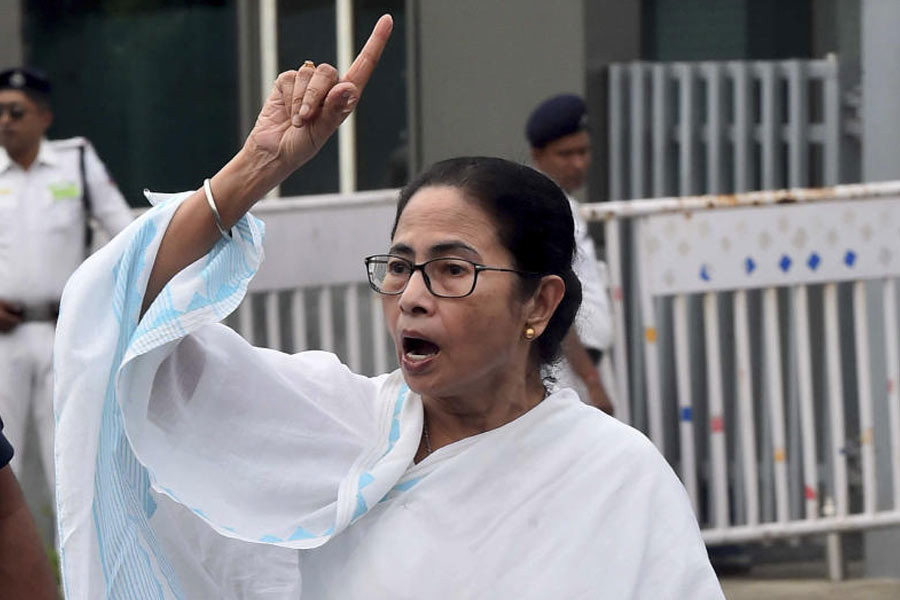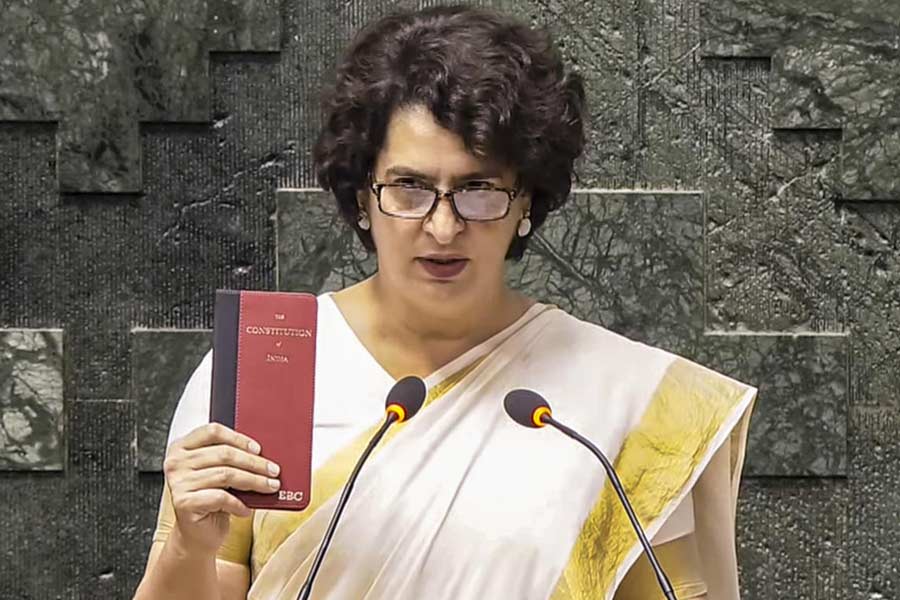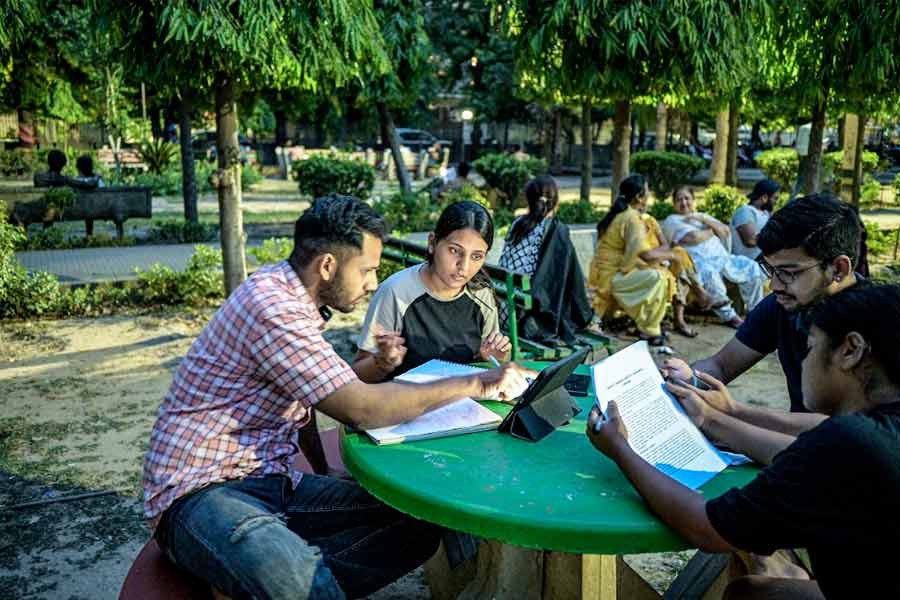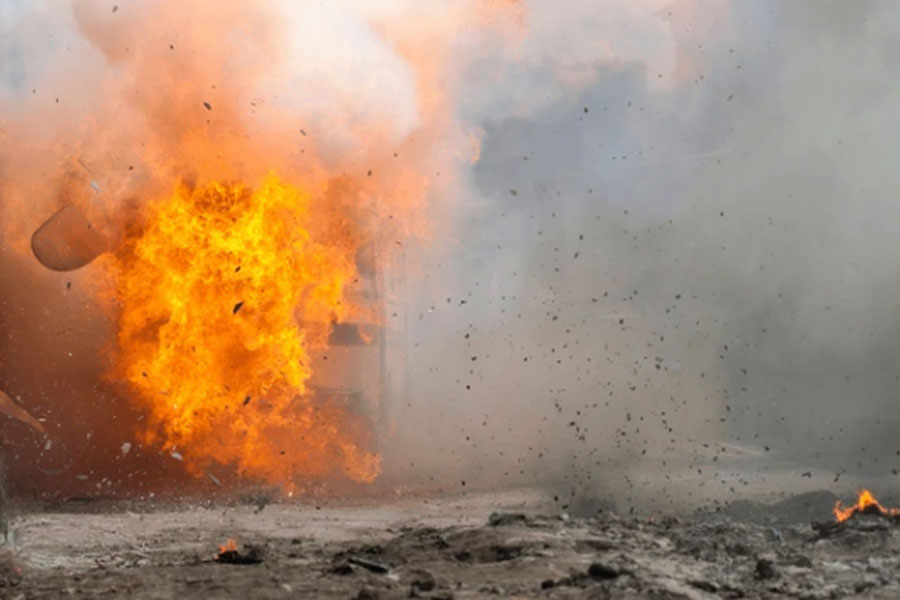India may need to adopt strategic citywide lockdowns or find mechanisms to pool public and private healthcare resources to address shortages of critical care facilities for patients with the coronavirus disease, doctors have said amid rising Covid-19 counts.
Critical care medicine specialists said the skewed distribution of intensive care unit beds, ventilators and skilled ICU staff, with more facilities in the private sector than in the public sector, would require pooling of resources or localised lockdowns to prevent any surge in numbers of patients from overwhelming public hospitals.
The Union health ministry has asked states to “proactively engage” with the private healthcare sector to provide treatment to Covid-19 patients, citing reports of an emerging shortage of ICU beds and ventilators.
An inventory assessment by the Centre for Disease Dynamics Economics and Policy, a US and India-based think tank, had estimated that 62 per cent of the country’s nearly 96,000 ICU beds and 48,000 ventilators are housed in private hospitals.
“The distribution of qualified critical care specialists and nurses trained in ICU care is even more skewed — I would think 80 per cent are in the private sector,” said Dhruv Chaudhry, president of the Indian Society for Critical Care Medicine.
“As the numbers of patients grow, this is something we need to worry about,” said Chaudhry, who is professor of pulmonary and critical care medicine at the Postgraduate Institute of Medical Sciences, Rohtak, Haryana. “We have to pool resources — there is no other way.”
India on Wednesday recorded 10,974 fresh Covid-19 cases, raising the total cases to 354,065, of whom 155,227 are under medical supervision, 186,935 have recovered and 11,903 have died.
Datasets released by the health ministry in recent weeks suggest that between 6 and 7 per cent of Covid-19 patients need oxygen, ICU beds or ventilators.
According to the health ministry, the country on June 9 had 120,000 beds with oxygen support, nearly 32,000 ICU beds and 21,500 ventilators. The Centre has ordered 60,848 additional ventilators.
The ministry has, however, not said what proportions of these ICU beds and ventilators dedicated for Covid-19 are in the public and private sectors.
Doctors say critical care facilities in public hospitals in cities with large epidemics, such as Delhi, Mumbai or Chennai, could be quickly overwhelmed if the numbers of patients continue to rise. Delhi and Mumbai have more than 25,000 active patients while Chennai’s count is over 15,000.
“If the surge continues, we may see the numbers approaching the current critical care capacity,” said Sumit Ray, a critical care medicine specialist in New Delhi.
“In such circumstances, it would help if cities under siege enforce localised lockdowns — a short but adequately planned lockdown with a few days notice would help reduce the transmission of the virus,” he said.
Health officials had earlier said that doctors and specialists in public hospitals had been reassigned tasks to facilitate Covid-19 care. “A well-designed plan could help address shortages of ICU specialists,” Ray said.
For instance, anaesthesiologists guided by an ICU specialist could perform procedures and internal medicine or pulmonary medicine specialists could provide therapeutic management to patients in ICU, he said.
Chaudhry, who is also Haryana state’s nodal officer for Covid-19, is hoping to address the shortage of doctors through a “tele-ICU”, a digital network that will allow critical care specialists in a command centre to remotely monitor 40 to 60 patients in ICUs in distant hospitals.
The state is collaborating with Fortis Memorial Research Institute in Gurgaon to provide tele-ICU services in government hospitals in Faridabad, Mewat, Sonepat and Gurgaon.
“A critical care specialist in the command centre could use monitors to track in real time patients admitted in distant ICUs and guide non-specialist doctors there,” said Sandeep Dewan, the head of critical care medicine at FMRI.
Dewan said FMRI had introduced the tele-ICU concept several years ago and it was being expanded to address the Covid-19 epidemic.

